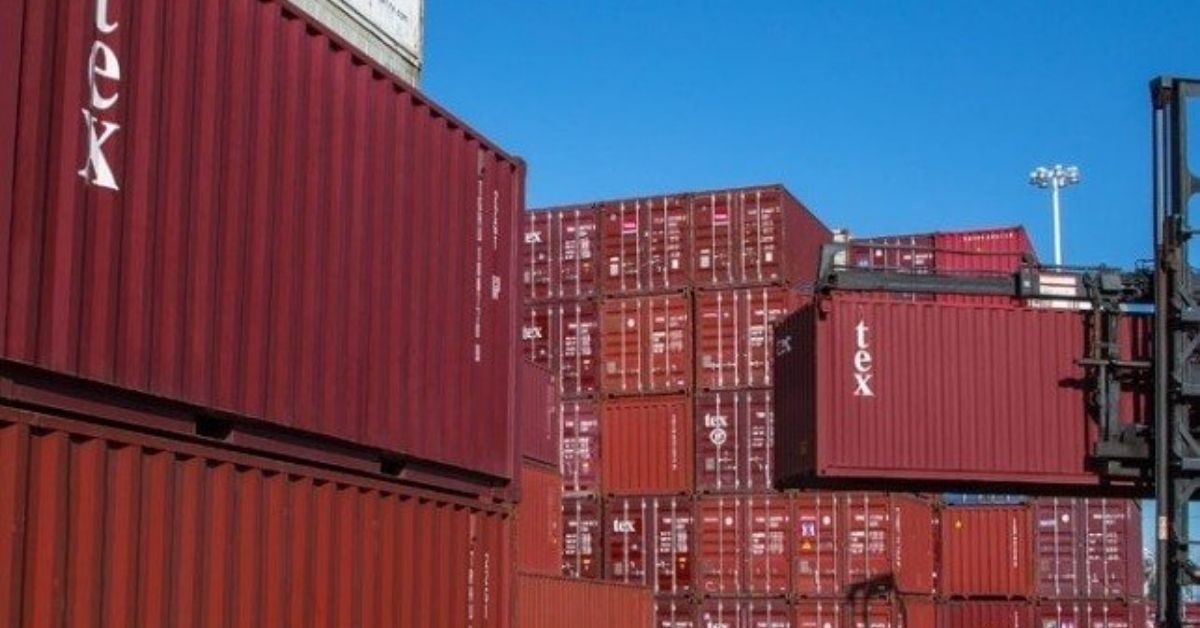Source: Bastille Post Global
The Xinhuachang International Containers Company, a container manufacturer based in Ningbo City of east China’s Zhejiang Province, has just hired dozens of new employees and is still seeking to expand staff to meet the mounting overseas needs.
“This is mainly to cope with the urgent need for higher production capacity in April and May. The business in March and April roughly recovered to that in peak seasons before the COVID-19 pandemic,” said Zhang Zhuohui, assistant to general manager of the company.
According to Zhang, there was a short-term surplus of containers after the 2021 boom, so the numbers of overseas orders went sluggish in 2023, but the demand has continued to pick up this year.
“In the first two months this year, 831 million yuan (about 115 million U.S. dollars) worth of new containers were exported via the Ningbo port, up nearly four times year on year,” said Wang Shoujun, a customs officer in Ningbo.
In Foshan City of south China’s Guangdong, a new container yard was built near a highly automated container production base and has been busy handling loading and unloading of new containers to fulfill overseas orders.
“In the first two months this year, the Shunde District of Foshan exported more than 40,000 containers, up around 4.6 times year on year. Considering that containers are both goods and transportation equipment, we have built a special yard for new containers at the port,” said Zhang Tao, a local customs officer.
Nationwide, China exported various kinds of containers valuing a total of 12.636 billion yuan (about 1.75 billion U.S. dollars) in the first two months of the year, up 87.6 percent year on year.
According to industry insiders, a large number of cargo ships have been delivered since last year, and the increased transportation capacity led to greater needs for containers.
Besides, the Red Sea crisis has affected part of the supply chain, resulting in temporary structural shortages of containers.
More importantly, the increase in trade has driven the surge in container demand. In January and February, China’s trade in goods totaled 3.75 trillion yuan (about 518.4 billion U.S. dollars), up 10.3 percent year on year. “In February, the peak season, our port had 158,000 empty containers. To date, the number has dropped back to 80,000 containers. The throughput in the first quarter rose by 8.8 percent from the same period last year,” said Wu Guangji, deputy manager of the Operations Department of the Ningbo Port Group Beilun Third Container Terminal.







